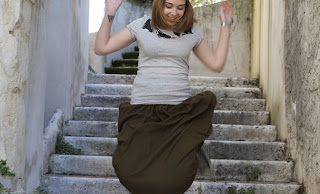Today
Haroshi will be presenting a series of new works at Jonathan Levinegallery in New York for his second solo show 'virtual reality'.
The
Japanese wood artist makes his art pieces recycling old used
skateboards and 2013 marks haroshi's 10th anniversary in using
them as a medium for his full-scale, three-dimensional
sculptures. His creations are born through styles such as wooden
mosaic, dots, and pixels; where each element, either cut out in
different shapes or kept in their original form, are connected in
different styles, and shaven into the form of the final art piece.
Along
with crafting these beautiful forms out of challenging materials, he
hides a broken metal skateboard part inside each piece to give his
art a “soul.” His technique echoes an ancient Japanese tradition
of giving a wooden statue of Buddha a soul by placing a crystal
inside where the Buddha’s heart would be.
As
a passionate skater from his early teens to present, Haroshi
possesses a thorough knowledge of the anatomy of a skateboard and all
of its parts including the deck, trucks and wheels. He often feels
attached to trucks with the shaft visible, goes around picking up and
collecting broken skateboard parts, and feels reluctant to throw away
crashed skateboards. It’s only natural that he began to make art
pieces (i.e. recycling) by using skateboards. Haroshi’s
relationship with his artwork is the same with his skateboards—they
are his life, his tool for communication and expression.
Born
in 1978, Haroshi is a self-taught Japanese artist, currently based in
Tokyo.
More
info














































